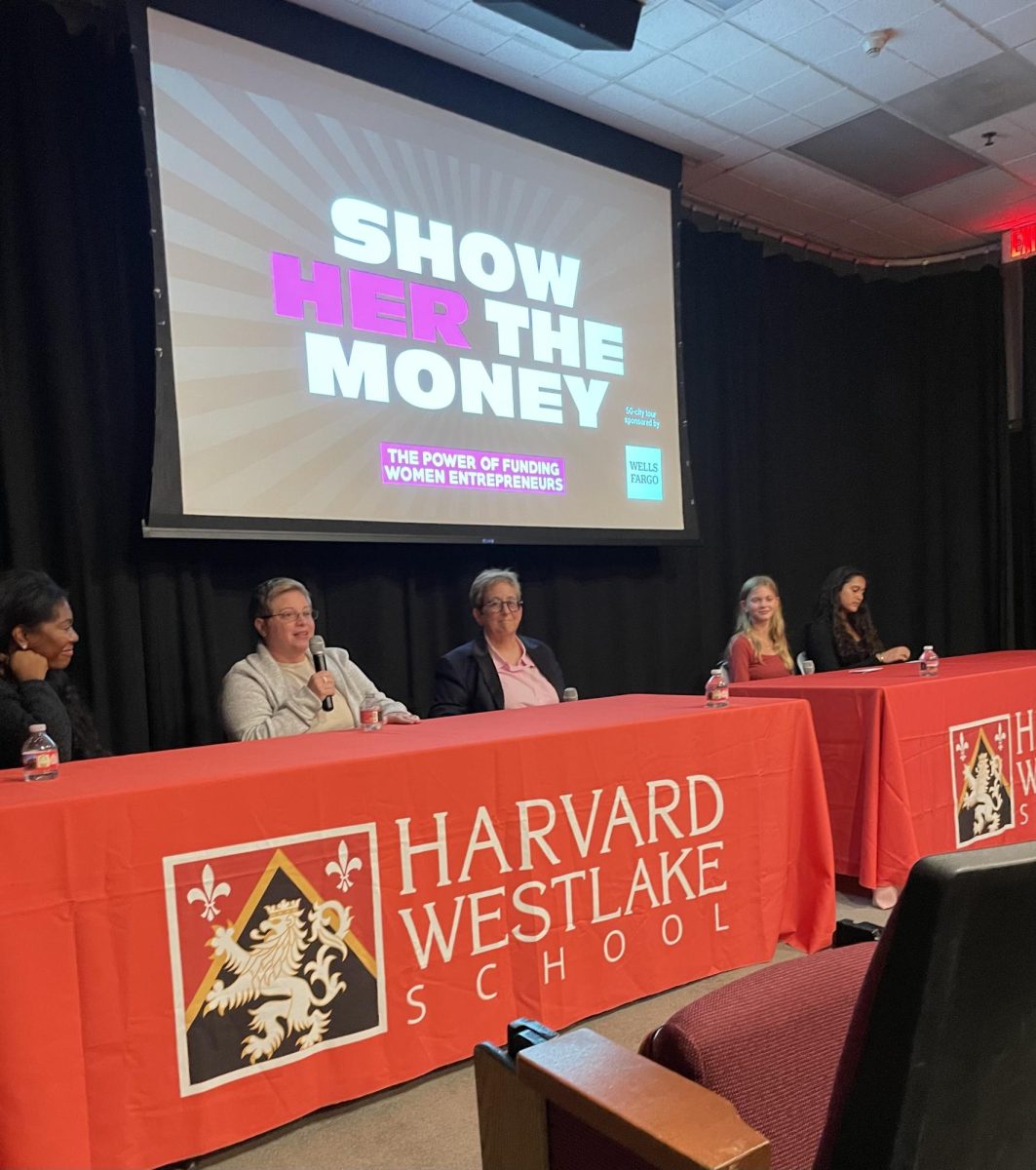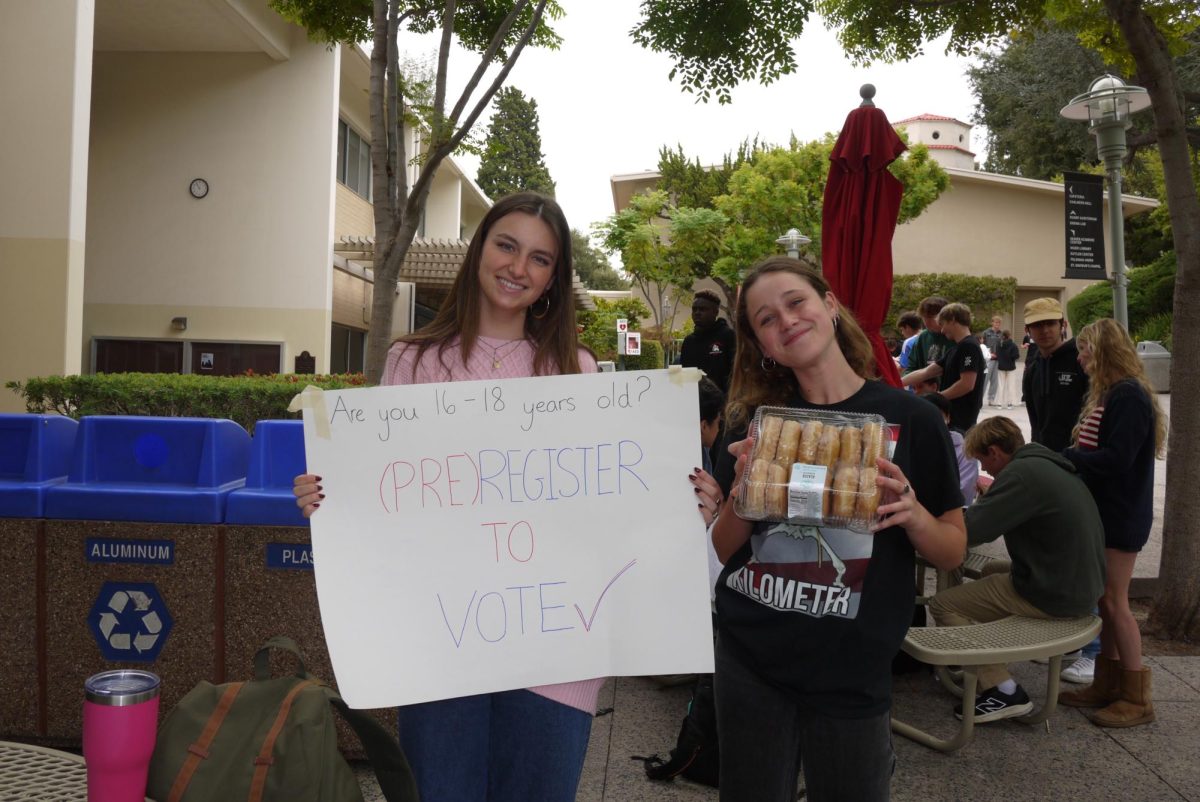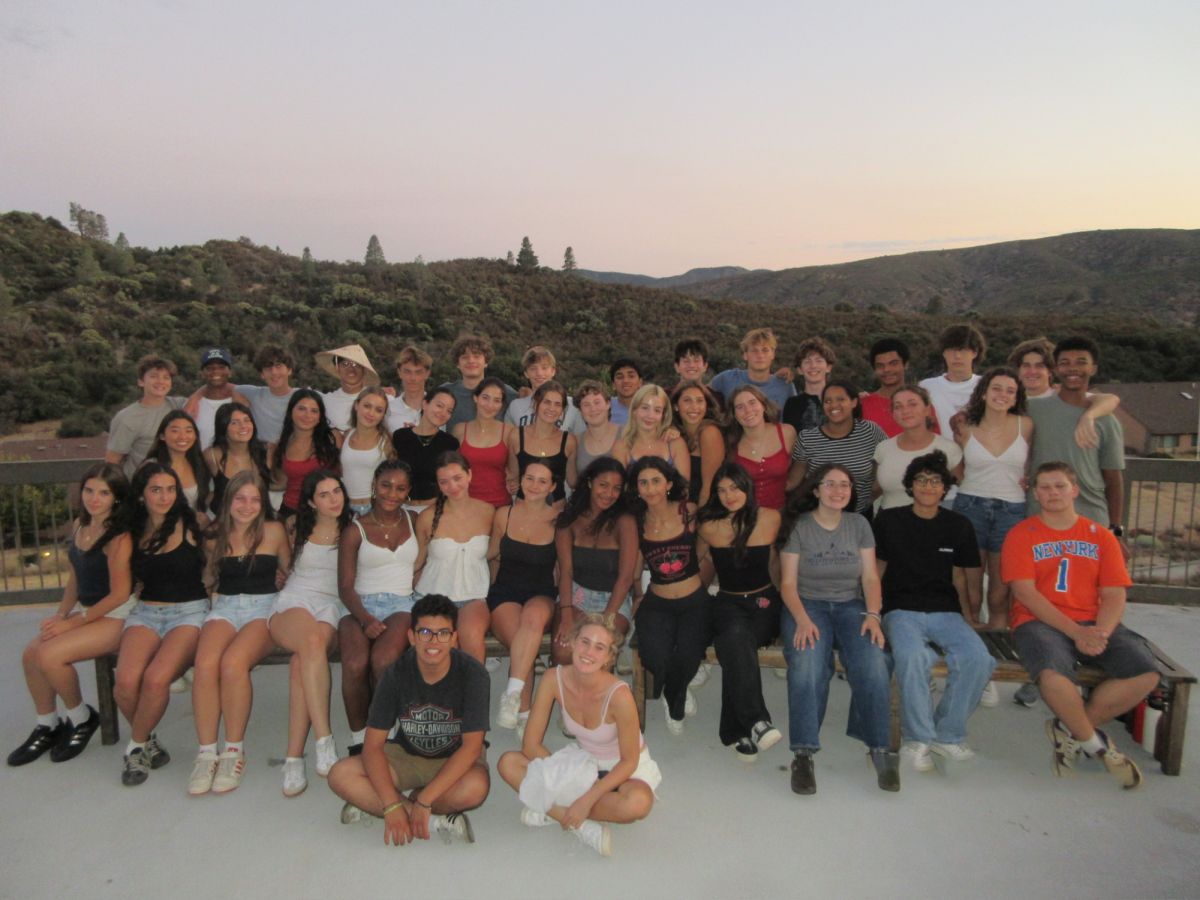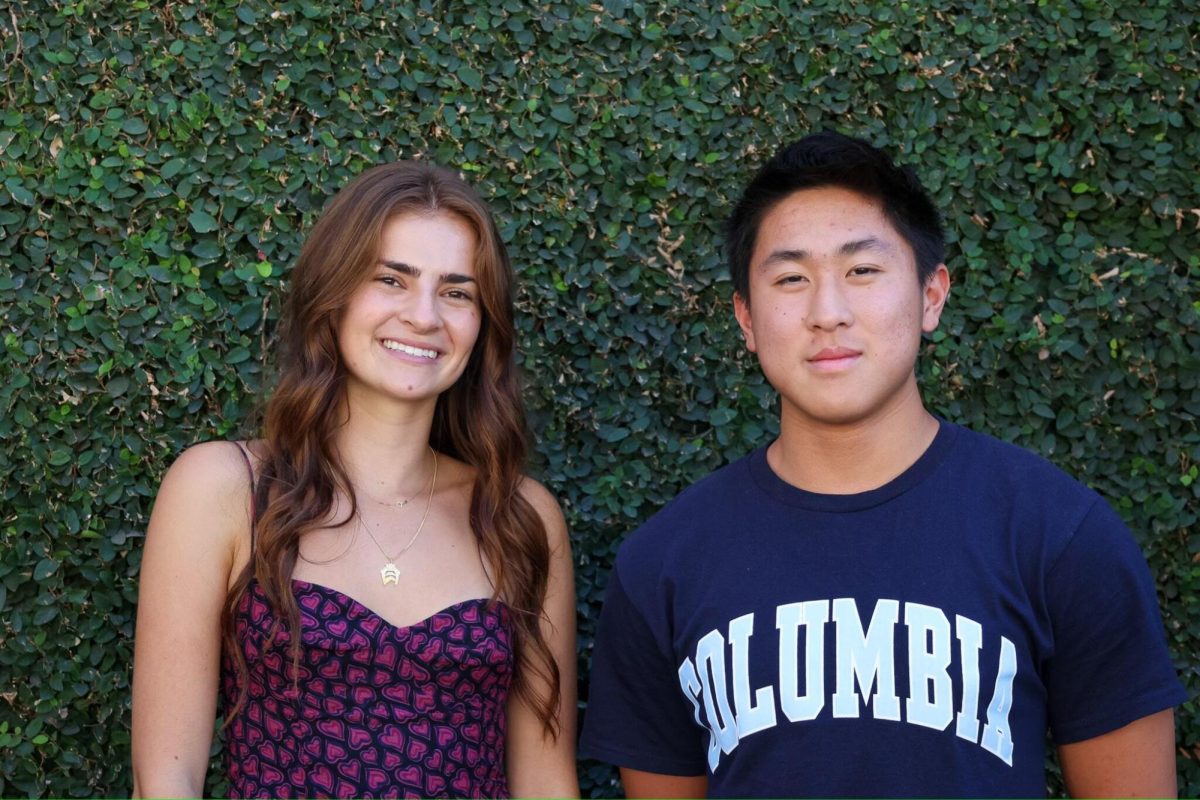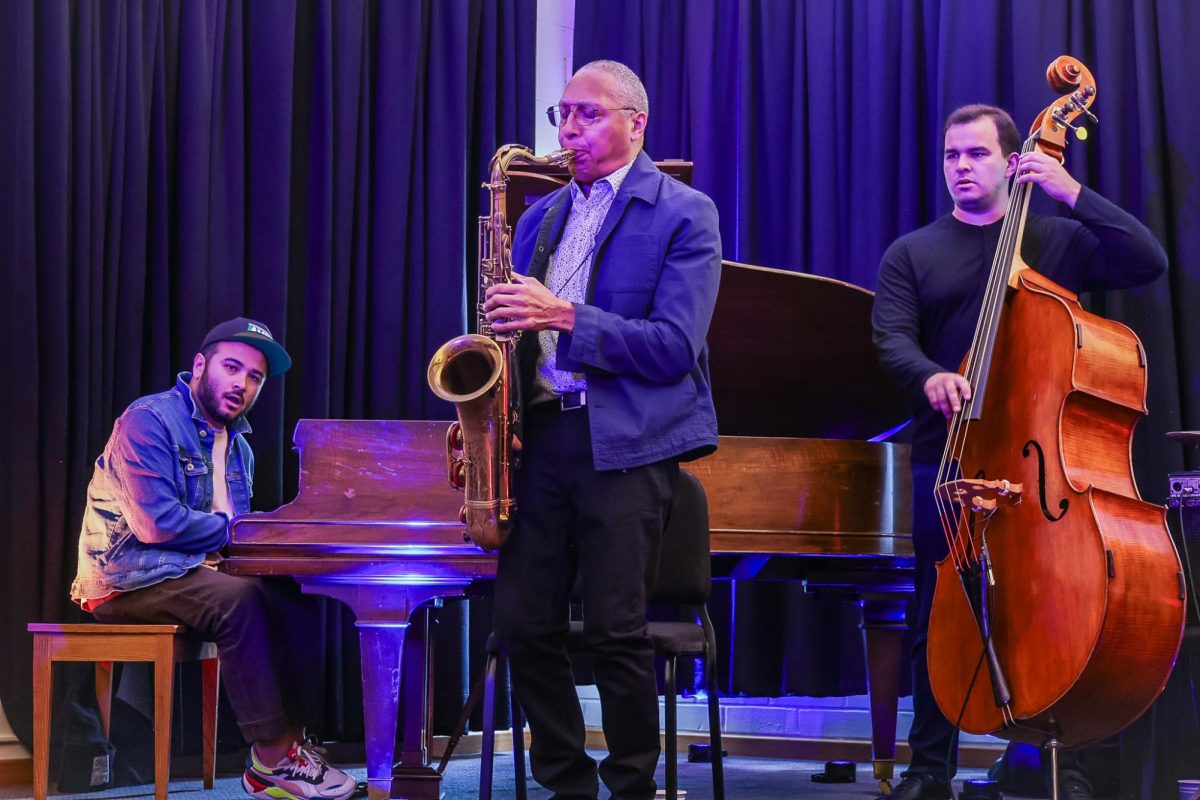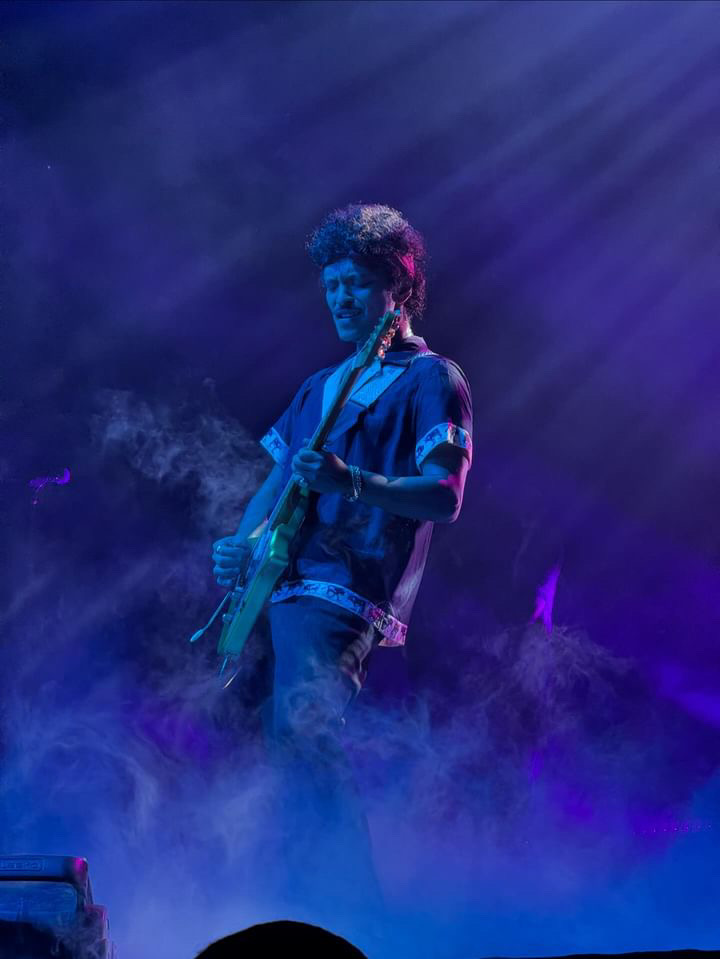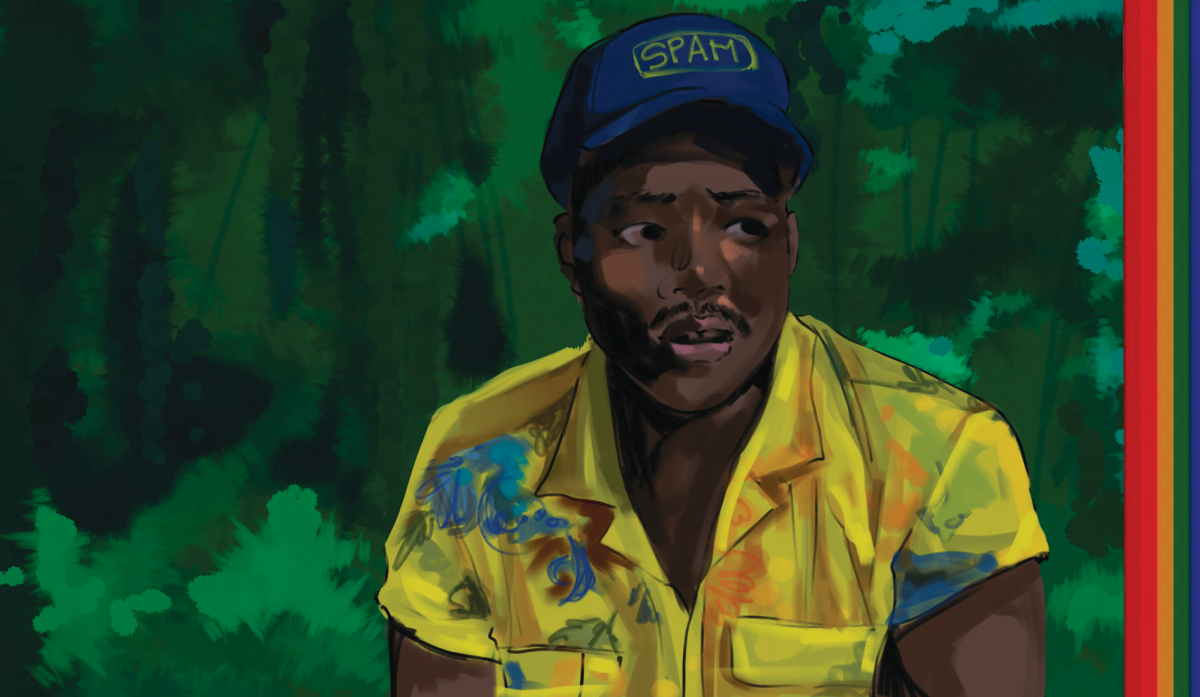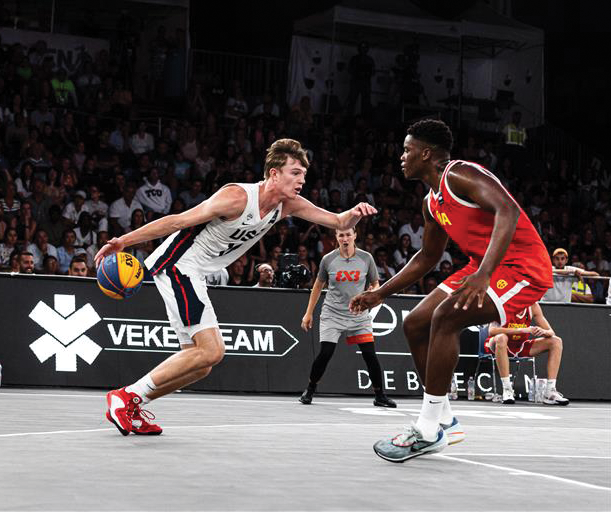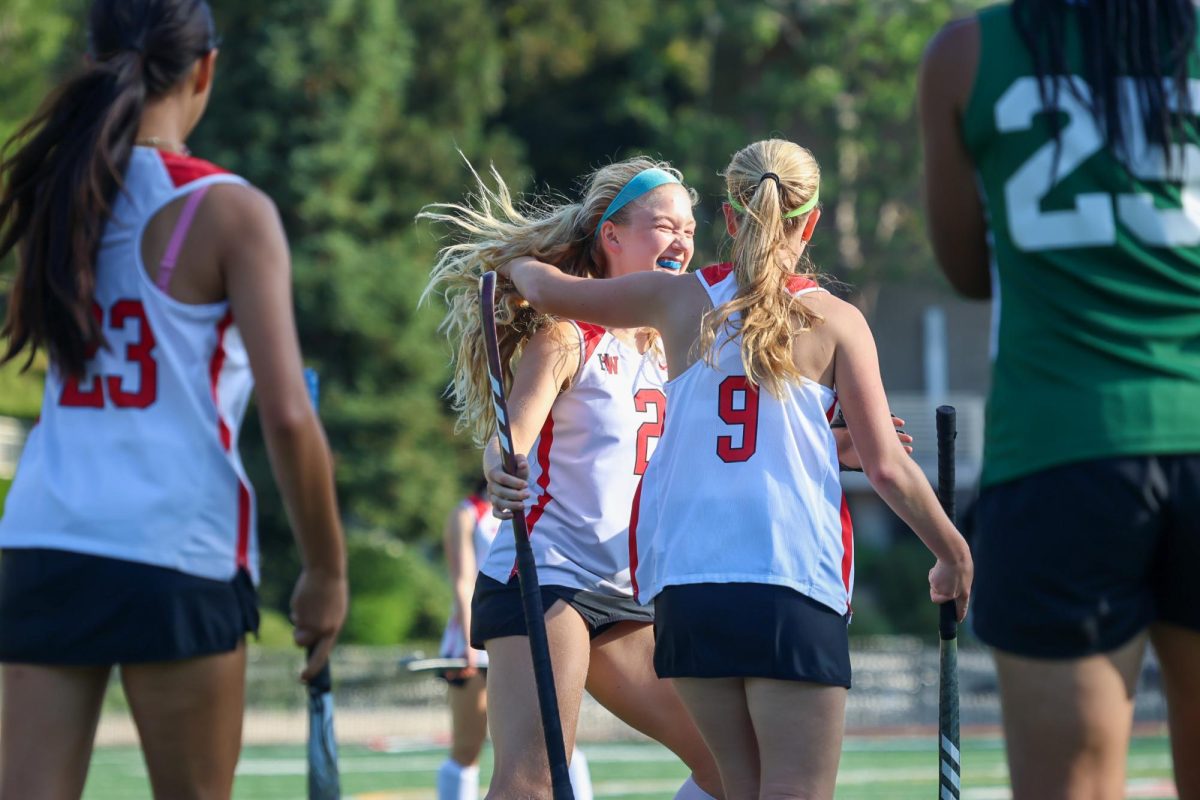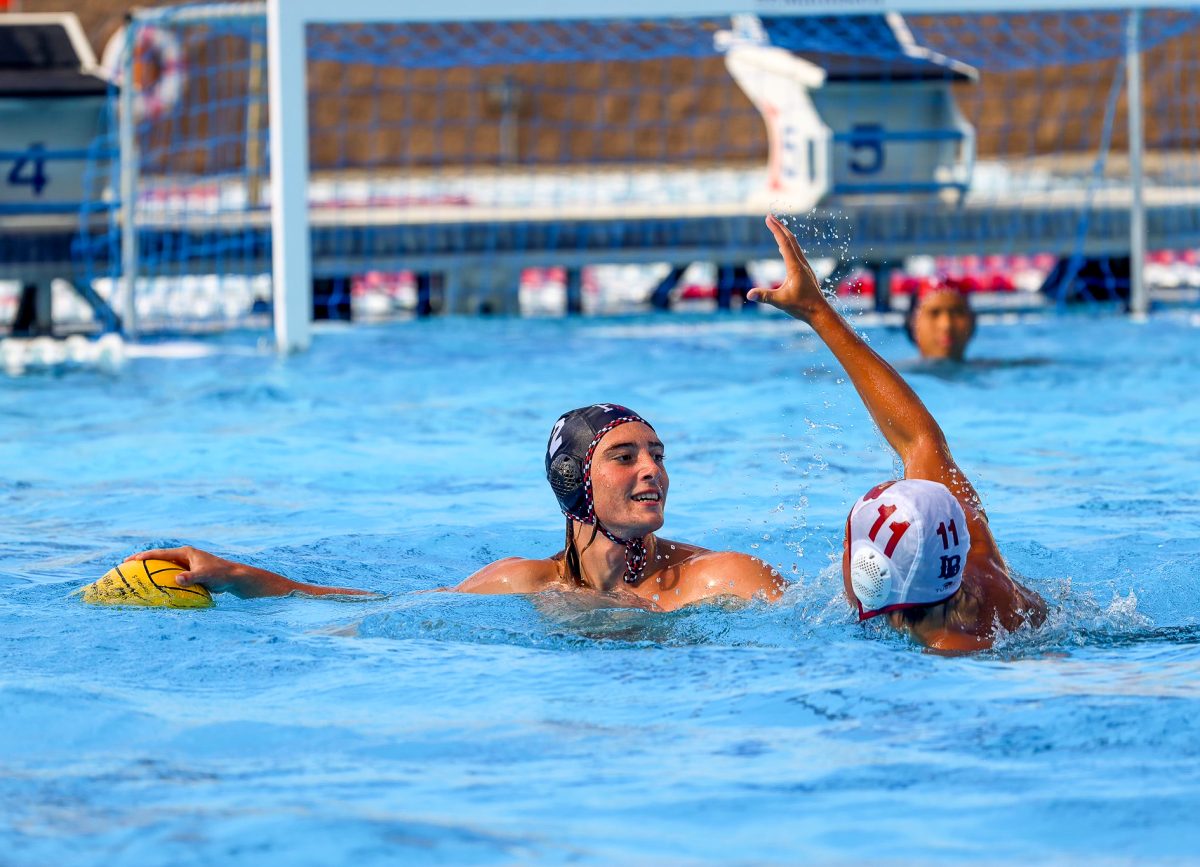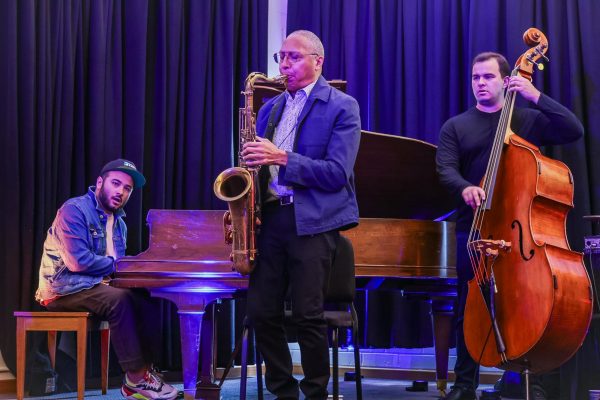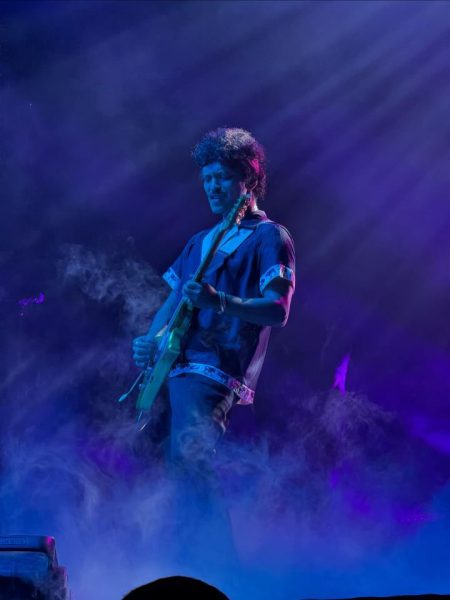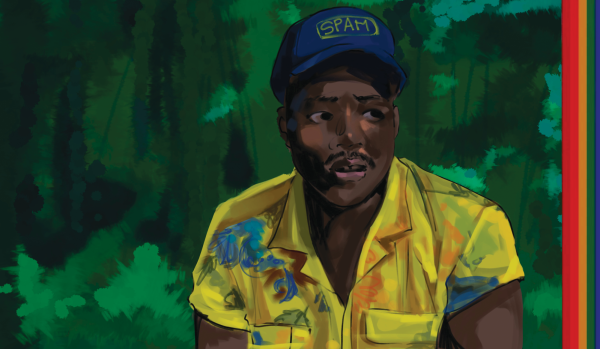The Walk To Fame
Fatigued from the rush hour drive from Santa Monica to Hollywood, a 10-year-old Penelope Figueroa ’23 waited among dozens of other child actors contending for a role on Disney Channel. Figueroa, then 10 years old and equipped with a manager and agent, said she struggled to stay engaged in the industry at a young age.
“That’s impossible, driving an hour and a half there and back,” Figueroa said. “It was exhausting for a sixth grader, especially since you have such a low chance of getting [a role].”
Between 2015 and 2017, Figueroa performed in a number of student films, as well as the feature film “Prodigy” and Spanish-language film “Por Sofia.” She also took classes at the Lee Strasberg Theatre & Film Institute in West Hollywood from 2014 to 2015.
Figueroa said despite her exhaustion, acting had a positive impact on her childhood, helping to alleviate her fear of rejection and shape her personality.
“Because you’re going into auditions all the time, rejection is a recurrent thing,” Figueroa said. “I definitely didn’t really have that fear, and my social anxiety was better [back then].”
However, Figueroa said the stress of the industry sometimes took a toll on her mental health. When she failed to book jobs, she said she often took the decisions personally and questioned her ability.
“I had acting teachers explain to me, ‘Oh, you just probably didn’t have the right look,’” Figueroa said. “[How could] my little 11-year-old brain process what that means? Sometimes I’d be like, ‘Why am I not getting into these things? Is my acting bad, or do I look weird?’”
In light of the strain of constant auditions and a desire to focus more on academics, Figueroa said she stopped acting professionally at age 12. She said she initially was not going to participate in performing arts in high school but chose to revisit acting as a junior.
“I’m definitely [doing] nothing as crazy as auditions because I really don’t have the time,” Figueroa said. “I’m just taking [The Actor and the Stage I and II] at school, and I’m going to do Playwrights Festival.”
Katie Hadsock-Longarzo ’23 also participates in the school’s performing arts classes, including Advanced Acting and Video Art. Hadsock-Longarzo performed in the fall play “J.B.” and the winter musical “Spring Awakening” but said schoolwork is currently preventing her from pursuing a professional career in film.
“If I had to miss school, I would stress out too much,” Hadsock-Longarzo said. “Worrying about auditions is another level [of added stress] that I don’t really need right now.”
Hadsock-Longarzo said in addition to her commitment to the arts, she is equally interested in biomedical engineering. She said she hopes to go to a college where she can study both of her passions, but she said the academic pressure of the school sometimes clouds her judgment.
“Sometimes there is pressure to go into something more academic because the arts aren’t usually really stable career choices for most people,” Hadsock-Longarzo said. “It’s a very competitive field to enter into. I worry about the fact that if I choose [acting], I might fail, and I could have easily chosen this other path.”
Hadsock-Longarzo said the environment around school productions can mirror the cutthroat nature of the school’s academic and extracurricular activities.
“Especially during auditions, when things are just starting, there’s high competition because there [are] a lot of people in the program that are really talented,” Hadsock-Longarzo said. “In order to be considered for something that you want, you have to really put energy and effort into it.”
Actor Fran Kranz ’00, who recently released his directorial debut called “Mass” about gun violence to critical acclaim, said he participated in nearly every performing opportunity while at the school, including theater, choir and dance. Kranz said although he was not a strong student until junior year, he hoped his performing experience would help his application stand out in the college process.
“I think there was always some hope that if I were going to be a good actor, and if I was showing success as an actor, that that would counter [my] more average grades,” Kranz said. “A college would sort of [say], ‘Well, he’s got these grades, but he really excels in this artistic pursuit, and he’s really passionate about this.’”
After graduating from the school, Kranz earned his bachelor’s degree in humanities from Yale University, where he said he chose to pursue a liberal arts education despite his desire for an acting career.
“For me, it was important that I continue acting and continue to be in plays because that’s what I wanted to do but also [that I] would get a liberal arts education,” Kranz said. “I did not want to go to a conservatory. I did not want to just be a theater studies major. I wanted to major somewhere in the liberal arts.”
Kranz said school productions required professionalism comparable to the demands of his academic coursework. He said working in a rigorous high school environment gave him invaluable skills for his film career.
“I was groaning through [schoolwork], and I didn’t think some of it was even humanly possible to complete,” Kranz said. “I was stressed out of my mind a lot. But it shaped this perspective about how what you want to do in life is best supported by a well-rounded education.”

